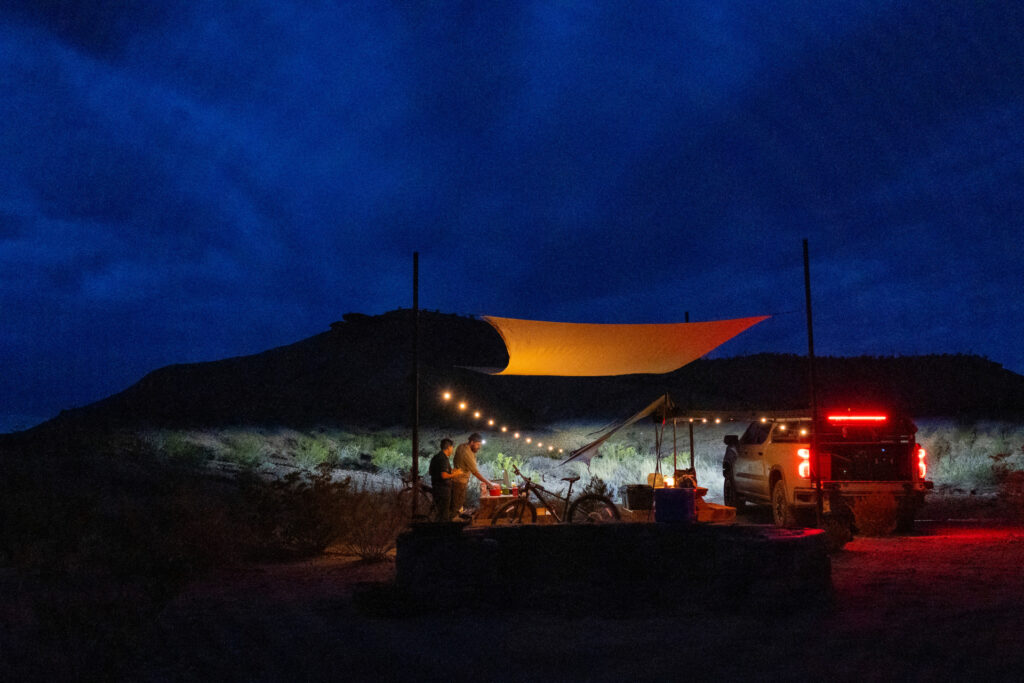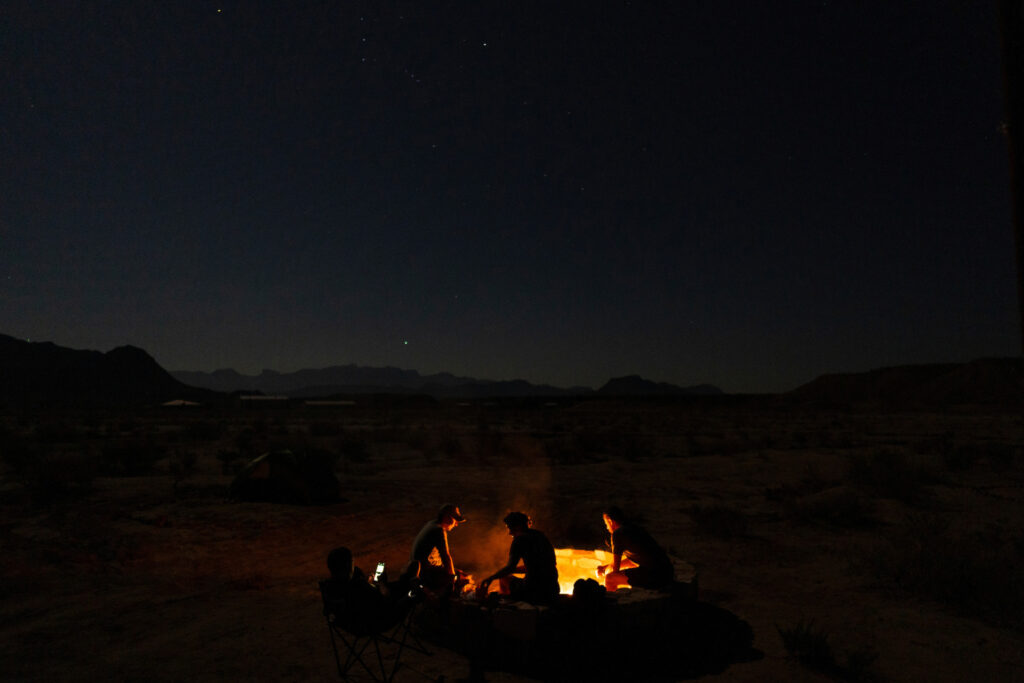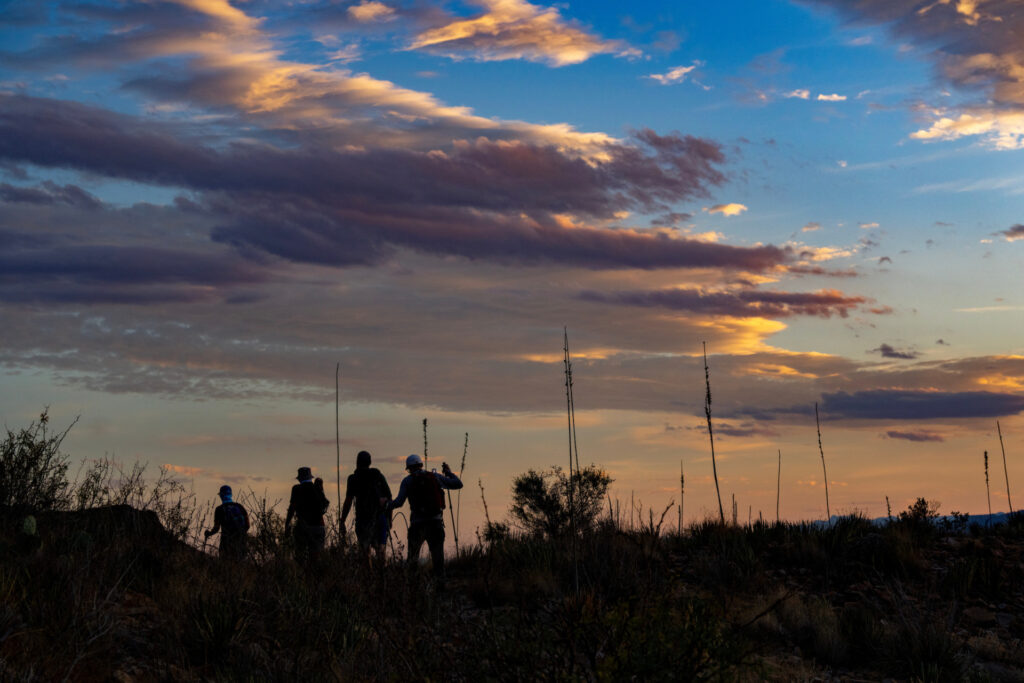Newswise — Nature is the daily pill we all need to live healthier lives, and Texas A&M University is laying the groundwork to lead the nation toward its healing powers.
The conversation about nature, green spaces, even houseplants’ abilities to wash away stress, anxiety and heal physical ailments has been gaining momentum for years, but Charlie Hall, Ph.D., professor and Ellison Chair in International Floriculture in the Texas A&M Department of Horticultural Sciences, is organizing to bring it to the forefront for a nation in crisis.
Mental and physical health in the U.S. is at crisis levels, he said. Hall and a growing number of scientists, health care professionals and green industry leaders hope to change individual behaviors and stakeholder attitudes related to nature and natural spaces.
Focus on growing human-nature disconnect
Jay Maddock, Ph.D., Regents professor in the Texas A&M School of Public Health and director of the Center for Health and Nature, presented at the 24th Ellison Distinguished Chair lecture and focused his talk on the impacts of a growing human-nature disconnect. Maddock, a psychologist, researches the social ecological ways to promote physical activity and engagement with nature.
Maddock’s presentation coincided with a brainstorming session among faculty from departments across Texas A&M University, professionals within the green industry, and public health officials and program specialists with the Texas A&M AgriLife Extension Service, including Texas Master Gardeners and early childhood development.
Attendees met to identify action items for these entities to use in promoting the concept and mobilizing activities around it.
“I’m encouraged by the range of fields that came together to discuss this topic because nature’s impact on our body and mind is a message we need to effectively deliver to policymakers and the public at large,” Hall said. “Implementing nature and plants into our daily lives may not sound like innovative thinking, but research has shown that it is an answer for a sustainable and healthy society, to address the economic impact of illnesses and to improve the overall quality of our lives.”



While days in nature on camping trips in wilderness environments provide a much deeper overall benefit to mental and physical health, even a 30-minute walk on a trail or in a greenspace can improve overall health outcomes. (Texas A&M AgriLife photos by Sam Craft and Michael Miller)
Connecting with nature improves health
During his presentation, Maddock cited “an incredible need for a better approach to mental and physical health in the U.S.” The high and rising rates of chronic diseases and diabetes, depression, substance abuse and deaths of despair, such as suicide or overdoses, are all related to our disconnect from nature.
“We cannot treat ourselves out of the mental health crisis,” he said. “And we can’t spend our way out of the health care crisis by pumping money into reactive medicine. We need to address the roots of these societal problems.
“Humans are innately connected to the natural world and when removed from nature, bad things happen.”
Eight out of 10 Americans feel stressed at least once every two weeks, and stress is a precursor to many of these problems, he said. Meanwhile, the money Americans spend on health as a share of the U.S. gross domestic product has quadrupled since 1960 from 5% to 20%, Maddock said.
This disconnect grew from the introduction of television, but the advent of hand-held minicomputers that hold our attention in a variety of ways throughout the day has deepened the human-nature divide, he said.